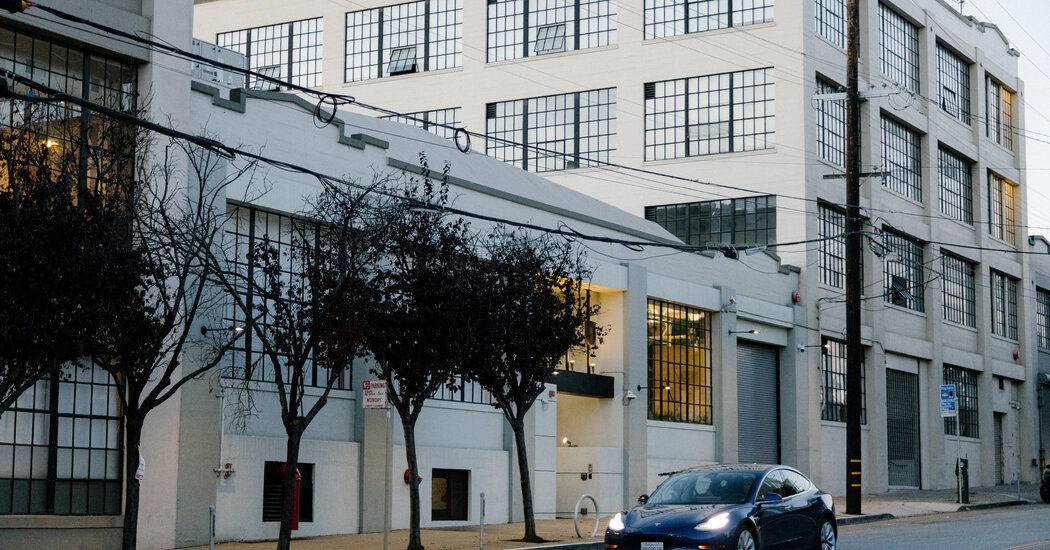While some young A.I. companies have struggled to compete with the tech industry’s giants, OpenAI has been rapidly expanding.
OpenAI is in talks to complete a deal that would value the company at $100 billion or more, which would be about a $20 billion increase from its valuation eight months ago, according to two people with knowledge of the discussions.
The funding round would be led by Thrive Capital, which would put about $1 billion into the San Francisco company, said the people, who spoke on the condition of anonymity. The deal could also include funding from Microsoft.
OpenAI launched the A.I. boom in late 2022 with the release of the online chatbot ChatGPT, spurring a surge in funding for A.I. companies. But enthusiasm among investors has cooled in recent months, as several high-profile start-ups have essentially been folded into tech giants like Google and Amazon.
Still, OpenAI remains a leader in the race to artificial intelligence. It is among a handful of companies with a blend of experienced researchers and large amounts of money that can work with resource-intensive A.I. systems.
Since it released ChatGPT, OpenAI has built increasingly powerful technologies, including versions of its chatbot that can generate images and humanlike speech.
In early 2023, Microsoft invested $10 billion in OpenAI, bringing its total investment in the company to $13 billion. A year later, Thrive led a deal that valued the company more than $80 billion. With that deal, OpenAI did not issue new shares. It allowed the company’s employees to sell their existing shares.
The new investment, which was reported earlier by Bloomberg News and The Wall Street Journal, would allow other existing shareholders to sell their shares.
OpenAI declined to comment.
(The New York Times sued OpenAI and Microsoft in December for copyright infringement of news content related to A.I. systems.)
The new investment talks follow a year of rapid growth and turmoil for the San Francisco start-up. In November, four OpenAI board members fired Sam Altman, the company’s chief executive, and said they no longer trusted him to lead the creation of safe A.I. technology.
Mr. Altman was reinstated five days later. Since then, the board has expanded along with the company’s work force.
